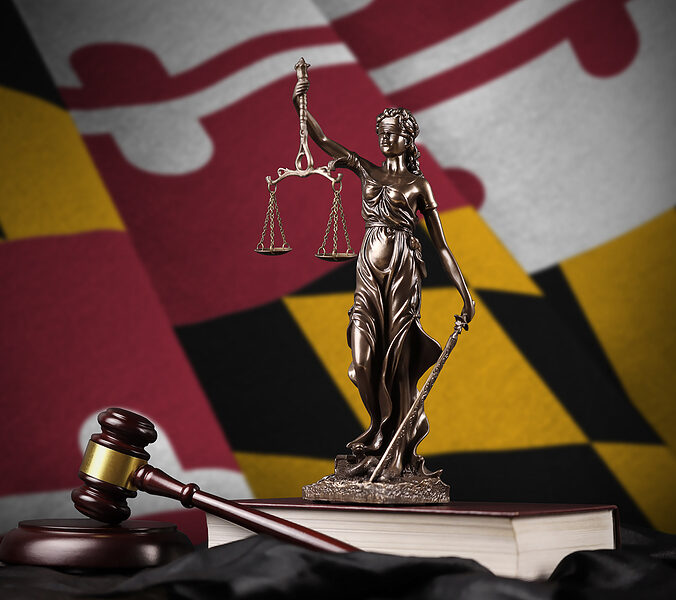In the latest blow to climate activists’ efforts to use local litigation against global energy companies, Maryland Supreme Court justices are questioning the logic of climate change lawsuits filed by three local governments against oil and gas companies.
The questions arose in the court’s review of Baltimore’s 2018 lawsuit targeting ExxonMobil, BP, Chevron, ConocoPhillips, Marathon Oil, and Shell. Annapolis and Anne Arundel County filed similar suits three years later.
The Maryland cases were part of a broader wave of lawsuits filed by more than two dozen Democratic-led states and municipalities — and backed by environmentalists — using state nuisance and consumer protection laws against oil companies.
Attorneys claim the companies attempted to mislead the public about fossil fuels’ effects on climate change. They say the suits are meant to protect residents from deceptive corporate practices. The consumer protection strategy mirrors the one used successfully against Big Tobacco in the 1990s.
Critics call the “lawfare” approach an attempt to achieve climate policy goals in court that can’t be passed through the legislative process.
Maryland justices, including Chief Justice Matthew Fader, questioned whether the cases were actually about consumer protection — the laws used in the lawsuits — or about broader climate policy. While the municipalities identified instances where some information may have been misrepresented, Fader said, “it’s often wrapped up in allegations that are, it seems to me, separate from that,” such as those involving alternative fuels.
Fader pushed back when Victor Sher, an attorney representing the city and county plaintiffs, asked the court to ignore certain claims in the Baltimore suit that are no longer being considered. “I really don’t see in that complaint any straightforward just misrepresentation, not intricately intertwined with these other claims,” he said.
So far, the Maryland suits haven’t been successful. Lower court judges have ruled against the municipalities, calling it a federal issue.
Judges in other states have made similar rulings.
Eleven state and federal courts have dismissed such cases, including five this year in South Carolina, Pennsylvania, Maryland, New York, and New Jersey.
In August, a South Carolina judge tossed out the city of Charleston’s climate case with prejudice, warning that allowing local governments to impose liability for global emissions would create a “chaotic web of conflicting legal obligations.”
Last month, a federal judge also dismissed a case brought by 37 Puerto Rican municipalities alleging the energy companies violated racketeering laws by conspiring to mislead the public.
Theodore J. Boutrous Jr., an attorney for Chevron, said the Maryland high court should join the “growing chorus” of courts that aren’t interested in hearing the cases. “These claims are precluded and preempted by federal law, barred by Maryland law, and must be dismissed,” he said.
At least one Maryland Supreme Court justice seemed to lean in that direction.
Justice Brynja M. Booth pressed Sher on how he could link emissions from Maryland drivers to the alleged environmental damage. “It seems like your theory of injury and your relief are all tied and necessarily depend on interstate and international emissions,” she said.
Not every state court has agreed. The Hawaii and Colorado supreme courts have allowed climate suits to move forward.
Energy companies have argued the lawsuits should be heard in federal court, saying the Clean Air Act preempts state pollution laws under clear Supreme Court precedent.
The high court has previously agreed. In the 2011 American Electric Power Co. v. Connecticut decision, the U.S. Supreme Court ruled that the Clean Air Act took precedence over state nuisance claims regarding greenhouse gases.
This time, justices have been reluctant to get involved in the latest round of lawsuits. They declined to review the Hawaii decision and rejected a bid by GOP-led states to sue Democratic-led states for alleged interference with state sovereignty. Legal scholars have suggested the justices are waiting for the suits to work their way through the federal system before issuing a decision.
That decision may come soon, as more state rulings are appealed and pushed into higher courts.


